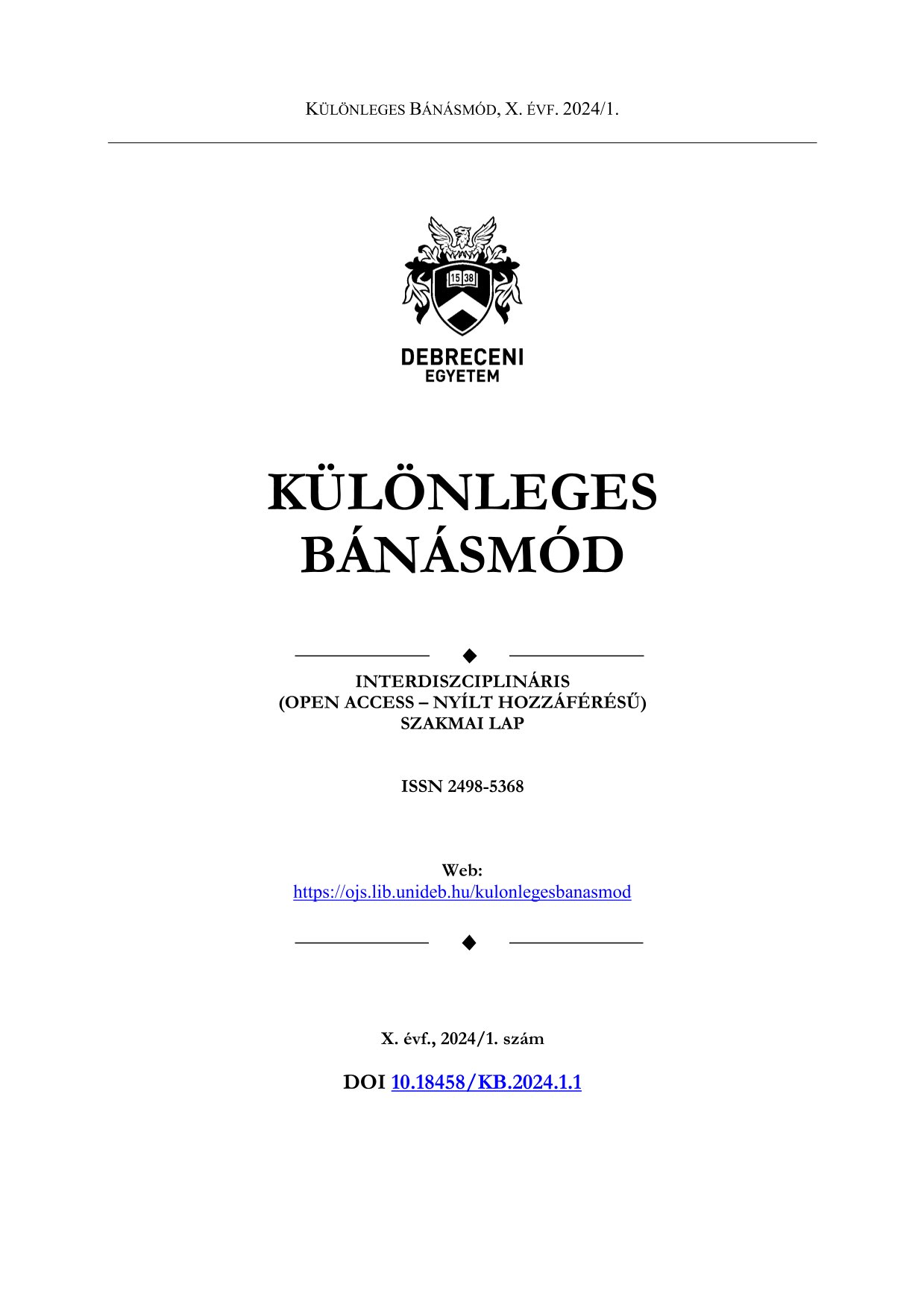Moderate-Risk Prematurity does not Hinder the Development of Reading and Spelling Abilities Despite the Lower IQ
Authors
View
Keywords
License
Copyright (c) 2024 Dr. Gráf Rózsa, Dr. Kalmár Magda, Dr. Harnos Andrea, Dr. Nagy Anett , Dr. Boross Gábor

This work is licensed under a Creative Commons Attribution-NonCommercial-NoDerivatives 4.0 International License.
How To Cite
Abstract
Background and aims: It is well established that the impacts of prematurity are often long-lasting in the various domains of development, however, the published findings concerning the prevalence, severity, and background of disorders are inconsistent. As yet research into the development of abilities contributing to the academic progress in Hungarian preterm children has been scarce. Our study aimed to find out to what extent prematurity impeded the reading and spelling abilities in school age and to contribute some information on the cognitive background of the performances. Methods: Three groups of 7 – 12 year-old children participated in the study. The target group consisted of moderate-risk preterms. For comparison two groups of full-term children were tested: typically developing good readers and dyslexics. To assess the reading and spelling abilities the Hungarian version of the 3DM (Dyslexia Differential Diagnosis) was used. Cognitive abilities were assessed using the Hungarian adaptation of the WISC-IV and the Rey Complex Figure Test. Results: The reading and spelling performances of the full-term good readers and the preterms did not differ and the preterms scored higher than the dyslexics. The cognitive tests did not offer any direct explanation to this, since the preterms lagged behind the full-term good readers in the WISC-IV full-scale IQ as well as in several specific cognitive measures. The CART Decision Tree served to analyse the relationships, allowing to reveal the interactions and the moderation effects. Discussion: The CHC model as a theoretical framework and the CART Decision Tree statistical analysis proved to be fruitful to disentangle the complex interplay of the cognitive background factors. There are various cognitive paths of acquiring the reading and spelling skills, e.g., in case of relatively lower IQs the sufficient levels of memory and processing speed may ensure success.


 https://doi.org/10.18458/KB.2024.1.35
https://doi.org/10.18458/KB.2024.1.35